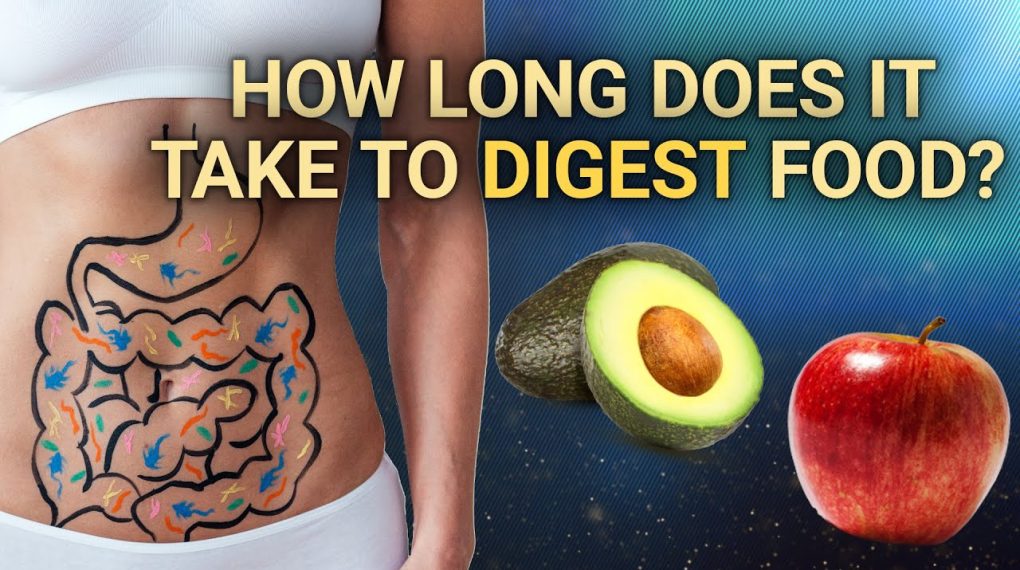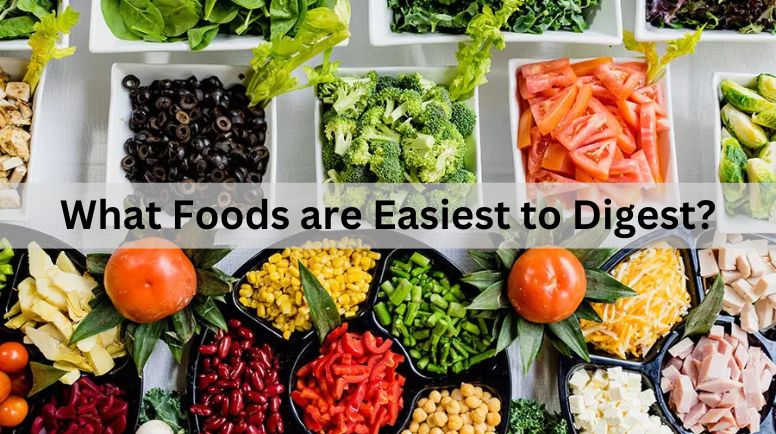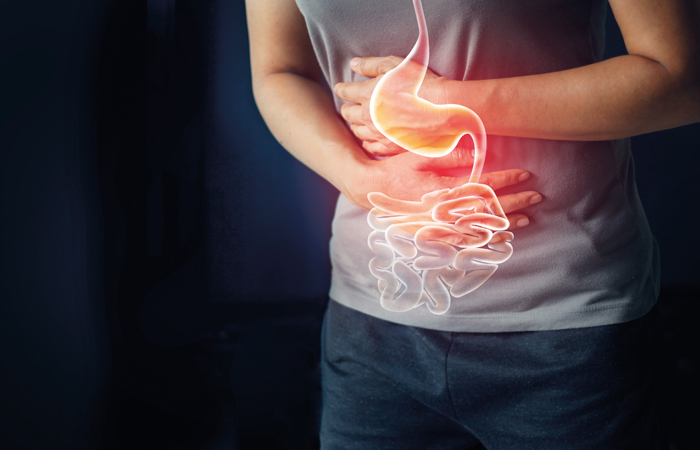Understanding Digestion: How Long Does It Take to Digest Food?

Digestion is a complex process that involves breaking down the food we consume into nutrients, which are then absorbed into our bloodstream to provide energy, growth, and cell repair. It’s intriguing how our body manages this intricate task, and it’s even more fascinating to understand the time it takes for food to be fully digested. Generally, it takes about 24 to 72 hours to digest food completely, though this duration can vary based on several factors such as the type of food eaten, individual metabolism rates, and overall health. This article will delve into the process of digestion, the various stages involved, and how long does it take to digest food.
What is Digestion?
Digestion is the biological process whereby the body breaks down food into smaller components that can be absorbed into the bloodstream for use in energy production, growth, and cell repair. This process involves both mechanical actions, such as chewing and stomach churning, as well as chemical reactions driven by enzymes throughout the digestive tract.
How Long Does It Take To Digest Food?
On average, however, the entire digestive process—from the time you eat food to when it leaves your body as waste—takes about 24 to 72 hours.
Here’s a general timeline:
Chewing and swallowing (a few seconds to minutes): The process of digestion starts in the mouth, where food is broken down into smaller pieces by chewing and saliva begins the chemical digestion process.
Stomach (2-4 hours): In the stomach, food is mixed with stomach acid and digestive enzymes to break it down into a semi-liquid state called chyme.
Small intestine (4-6 hours): The chyme then enters the small intestine, where most of the digestion and absorption of nutrients into the bloodstream takes place.
Large intestine (12-48 hours): The remaining undigested food material and water pass into the large intestine, where bacteria further break down some of the material, and the rest is formed into the stool.
Elimination (24-72 hours): The stool is passed out of the body through the rectum and anus.

What Is The Role Of Enzymes In Digestion?
Enzymes play a critical role in digestion by facilitating the breakdown of food into nutrients that the body can use. These biological catalysts work to speed up chemical reactions, including those that disassemble food molecules.
Here is a general overview of some of the key enzymes and their functions in digestion:
-
Amylase
This enzyme is found in saliva and starts the digestive process in the mouth. Amylase breaks down complex carbohydrates, like starches, into simpler sugars that can be easily digested.
-
Pepsin
Released by the stomach lining, pepsin is crucial for protein digestion. It breaks down proteins into smaller peptides, which are then further digested in the small intestine.
-
Lipase
Lipase works on fats and is produced by the pancreas and the small intestine. It breaks down dietary fats into smaller molecules, namely fatty acids, and glycerol, which can be absorbed by the body.
-
Proteases and Peptidases
These enzymes, secreted by the pancreas and the cells lining the small intestine, continue the breakdown of proteins started by pepsin in the stomach. They break down peptides into amino acids, which can then be absorbed into the bloodstream.
-
Lactase, Sucrase, and Maltase
These enzymes are found in the small intestine and are responsible for breaking down disaccharides (like lactose, sucrose, and maltose) into simple sugars for absorption.
What Foods Are Easiest To Digest?
Certain foods are easier to digest than others, often due to their composition and how our bodies process them. Here are some examples of foods that are generally easy to digest:
Rice, Pasta, and Other Refined Grains: Refined grains are stripped of their outer shell, making them easier to digest than their whole-grain counterparts. They provide a source of carbohydrates, which are broken down into glucose for energy.
Lean Meats: Lean meats like chicken and turkey are high in protein and usually easier to digest compared to fattier cuts or processed meats.
Fish: Most fish are low in fat and high in protein, making them a good choice for easy digestion.
Eggs: Whether they’re scrambled, hard-boiled, or poached, eggs are a good source of protein and are generally easy to digest.
Fruits: Certain fruits like bananas, melons, and avocados are often easier on the stomach. They’re also high in fiber, which aids digestion.
Cooked Vegetables: Cooking helps break down the fibers in vegetables, making them easier to digest compared to raw ones. Some easily digestible options include carrots, peas, and potatoes.

What Can Slow Down Digestion?
A low-fiber diet can slow digestion as dietary fiber aids in the movement of food through the digestive system. Without enough fiber, one can experience constipation, which slows digestion.
High-fat foods and overeating can also delay digestion. Fats take longer to digest than proteins or carbohydrates, so a meal high in fat can keep food in the stomach longer. Overeating, regardless of the type of food, can also slow down digestion as the body has to work harder to process larger amounts of food.
Lack of physical activity can contribute to a slow digestive system. Regular exercise encourages muscle contractions in the colon, which help push food through the digestive tract.
Certain medical conditions can also slow digestion. For example, conditions like irritable bowel syndrome (IBS), inflammatory bowel disease (IBD), gastroparesis, or certain thyroid conditions can impact the rate of digestion.
What Are Common Digestive Disorders?
There are numerous digestive disorders that affect people worldwide. These disorders can impact any part of the digestive system, from the esophagus to the large intestine. Here are a few common ones:
Gastroesophageal Reflux Disease (GERD)
This condition occurs when stomach acid frequently flows back into the tube connecting your mouth and stomach (esophagus). This backwash (acid reflux) can irritate the lining of your esophagus, causing symptoms like heartburn and acid regurgitation.
Irritable Bowel Syndrome (IBS)
IBS is a common disorder that affects the large intestine. Symptoms include cramping, abdominal pain, bloating, gas, diarrhea, and constipation.
Inflammatory Bowel Disease (IBD)
This term covers conditions characterized by chronic inflammation of the gastrointestinal tract, such as Crohn’s disease and ulcerative colitis.
Gallstones
These are hard deposits that form in your gallbladder, a small organ under the liver. Gallstones can cause severe abdominal pain and require medical attention.
Celiac Disease
An autoimmune disorder in which the ingestion of gluten leads to damage in the small intestine. The body’s immune response to gluten damages the villi, small fingerlike projections that line the small intestine, and impairs nutrient absorption.
Gastritis
Inflammation of the stomach lining. It can cause discomfort or pain and is often the result of excessive alcohol consumption, stress, chronic vomiting, or the use of certain medications.
Peptic Ulcers
These are sores that develop on the lining of the stomach, upper small intestine, or esophagus, often caused by the bacterium Helicobacter pylori, or long-term use of non-steroidal anti-inflammatory drugs (NSAIDs).
Gastroenteritis
Often mistakenly called “stomach flu,” gastroenteritis is inflammation of the stomach and intestines, typically resulting from a viral or bacterial infection. Symptoms include diarrhea, vomiting, abdominal pain, and fever.
Diverticular Disease
This includes diverticulosis and diverticulitis. Diverticulosis involves the formation of small pouches (diverticula) along the digestive tract, usually in the colon. If these pouches become inflamed or infected, the condition is called diverticulitis.
Hemorrhoids
These are swollen blood vessels in the rectum or anus that can be painful and bleed. Straining during bowel movements, constipation, and sitting for long periods can contribute to the development of hemorrhoids.
Can Exercise Improve Digestion?
Physical activity plays an integral role in promoting healthy digestion. Different types of exercises can help enhance your digestive health:
- Walking
- Yoga
- Cycling
- Swimming
- Running
- Aerobics
- Pilates
- Tai Chi
- Strength Training
- Stretching Exercises
How Can I Speed Up Digestion?
To speed up digestion, consider these strategies: Stay hydrated as water is crucial for breaking down food and absorbing nutrients. Include high-fiber foods in your diet, as fiber aids in moving food through your digestive tract. Regular exercise, like walking or cycling, can stimulate your digestive system and aid digestion. Also, try to maintain regular eating patterns, as erratic meal times can disrupt your digestive system. Always consult a healthcare provider for personalized advice.

Conclusion
In conclusion, the question, ” how long does it take to digest food?” does not have a straightforward answer. Digestion is a multifaceted process involving several stages, each with its unique duration. The time it takes for food to be completely digested can vary from a few hours to several days, depending on factors such as the type of food consumed, individual differences, and the presence of digestive disorders.
Understanding the intricacies of digestion is essential for maintaining good health. It allows us to make informed dietary choices and identify potential digestive issues when they arise. While digestion may seem like a simple concept, it is a remarkable orchestration of biology that sustains our lives and deserves our appreciation and attention. So, the next time you savor a meal, remember the complex journey your food embarks upon within your body, nourishing you from the inside out.
Frequently Asked Questions
Q1: How does fiber aid digestion?
Ans: Fiber aids digestion by adding bulk to the stool, which helps it move through the digestive tract more easily, preventing constipation.
Q2: What role does the liver play in digestion?
Ans: The liver produces bile, a substance that helps in the digestion and absorption of dietary fats in the small intestine.
Q3: How does sleep affect digestion?
Ans: Good sleep is important for overall health, including digestion. Lack of sleep or disrupted sleep patterns can negatively impact gut health.
Q4: What foods can help with digestion?
Ans: Foods rich in fibre, like fruits and vegetables, whole grains, and lean proteins, can aid digestion. Probiotic-rich foods like yoghourt can also help.
Q5: How does ageing affect digestion?
Ans: Aging can lead to changes in digestive function, including slower movement of food through the digestive tract and decreased production of stomach acid.